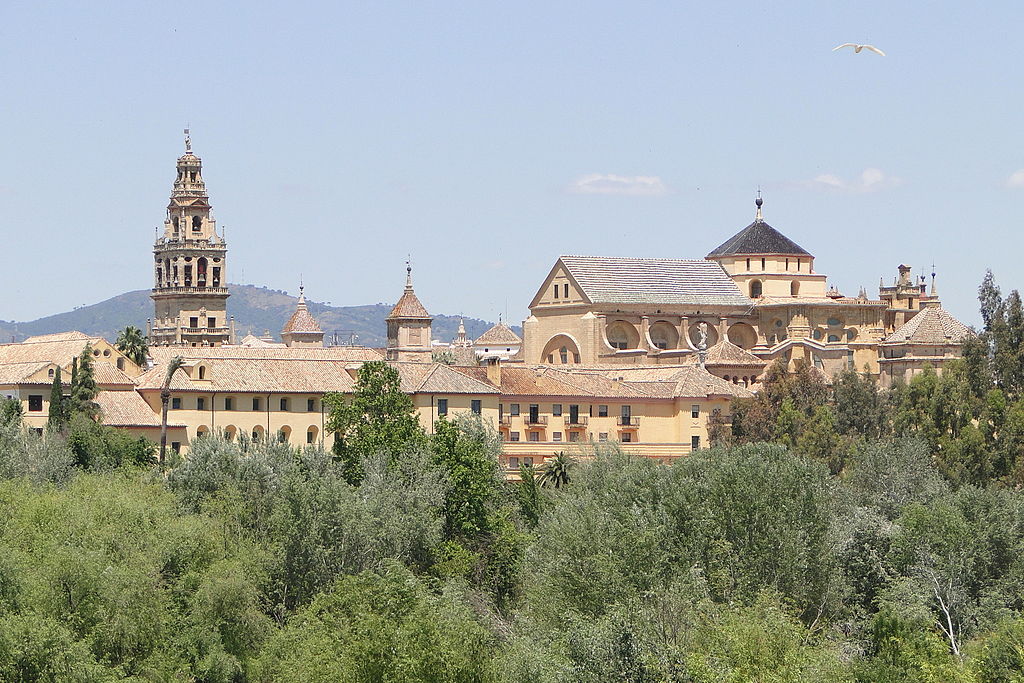Overall Score
The history of the city of Córdoba goes back centuries. Already in the eighth century A.D. The settlement of the Tartesses was known in the city. The convenient location of the town, its strong walls, and its proximity to the copper and silver ore mines provided great potential for growth. In 230 A.D. The settlement was conquered by the Trafagians, who decided to make good on their business at the expense of the Spanish mines. However, soon the Roman nobles came and took over Kartarjuba, as the Karpagans called the settlement. The city was changed to the Roman name of Kordouba, and because the citizens were loyal to Rome and the place was not just convenient, but strategically important, the future Kordouba began to flourish. The city has had its ups and downs during the Roman period, but Córdoba has always been one of the most important and wealthy cities in Spain, which is reflected in the culture and life of its inhabitants.
When the Roman Empire waned, the citys life began to decline. Despite the fact that the Romans were educated rulers and the citizens tried to live by the old code and Roman laws, the constant raids and invasions of the Barbaric tribes ruined the citys economy. Everything changed after the Arab conquest. The new rulers made Corradova a capital city, which could not help but attract merchants and merchants from all over the country. The Muslims built the Great Church of Córdoba at the site of St. Vincents Church, one of the most remarkable monuments of the Arab period of the history of Spain. During the Reconquista period, Corpora was conquered, and because its inhabitants agreed with the Spaniards, the city was granted many privileges.
But soon Córdoba was shut down. Repeated epidemics were crippling the citys population, and the economic crisis was preventing development. All this led to Kordova being an ordinary Spanish city with a richer history. In the years that followed, it was the scene of many battles, which also benefited its citizens and the city of Corrado. A special place is occupied by the Great Church of Córdoba, as well as one of the three surviving Romanian mines in Spain, and a bridge built by the Romans.
Overall Score
- Air quality: 23 US AQI Good. Air quality is satisfactory, and air pollution poses little or no risk.
- Tap water: Yes, safe to drink
- Religious government: Non-religious
- Population: 330,000 people
- GDP: $26,695 / year
- Foreigners can own real estate: Yes
- Power outlets: 230V50Hz

- Internet: 44 Mbps
- Best wireless: AT&T
- Pay without cash: Yes, cards OK almost everywhere
- Tipping: Tipping in Spain may not be considered customary, but there are certain places when it’s acceptable to leave a few coins. A good rule of thumb is to skip the tip at cheaper restaurants and leave up to 10 percent when service exceeds expectations in upscale dining establishments.
- Apartment listings: Sevilla5
- Apartments: Airbnb
- Hotels: Booking.com
- More hotels: Hotels.com
- Best taxi: Uber
- Online electronics shop: Amazon
- Best intl air carrier: Iberia
- Monthly costs for expat: $1600
- Monthly costs for family: $3300
- Monthly costs for local: $950
- Meal: $12
- Small Cola: $1.8
- Beer 1 Pint: $4.5
- Coffee: $2.5
View Larger Map

